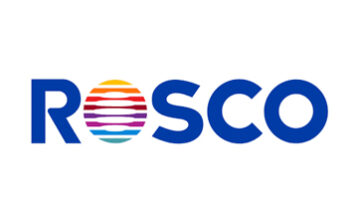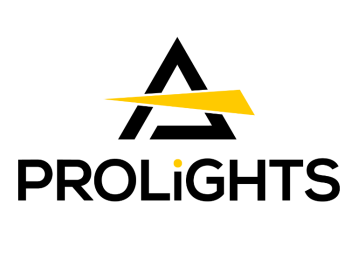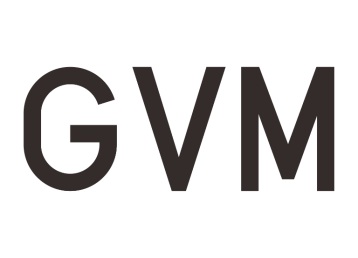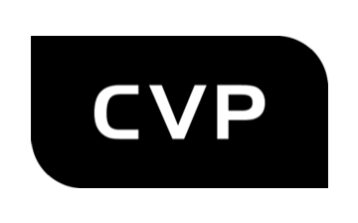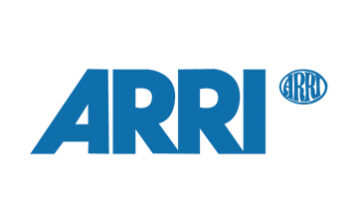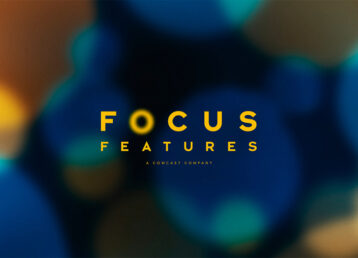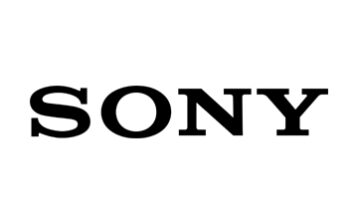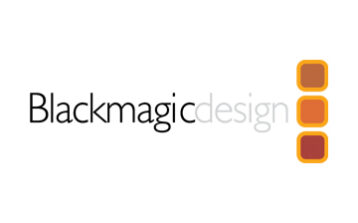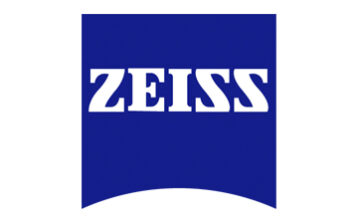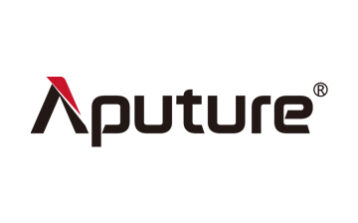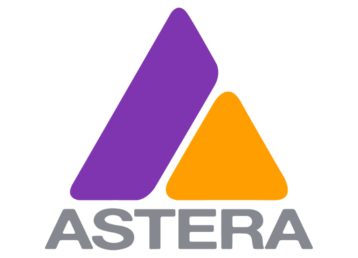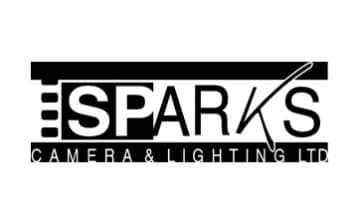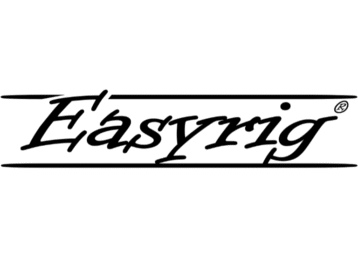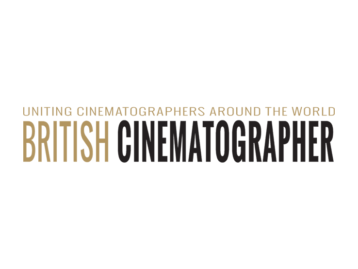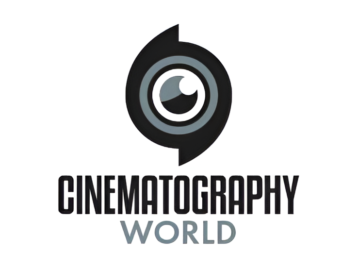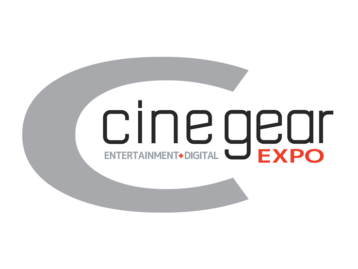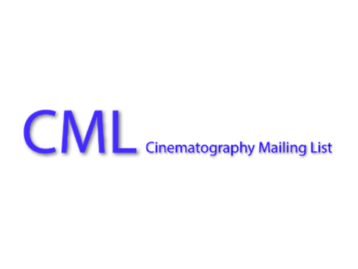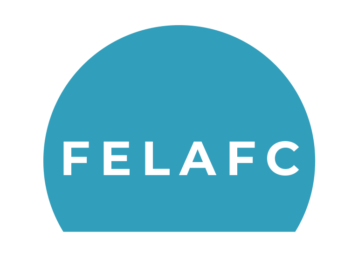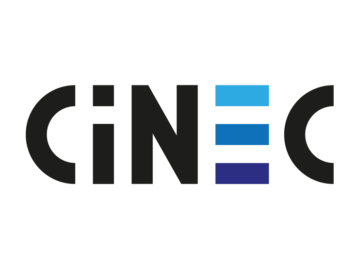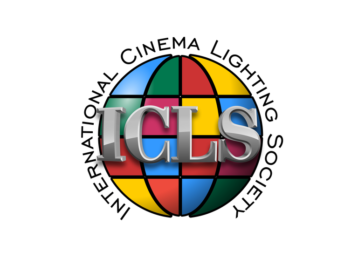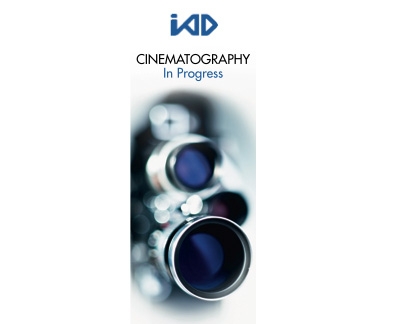
Report by our coleagues from Australia ACS whi have attended the Conference.
Conference Report; Belgium 2014 by Ashley Barron & Andrew Hyde for ACS Australia
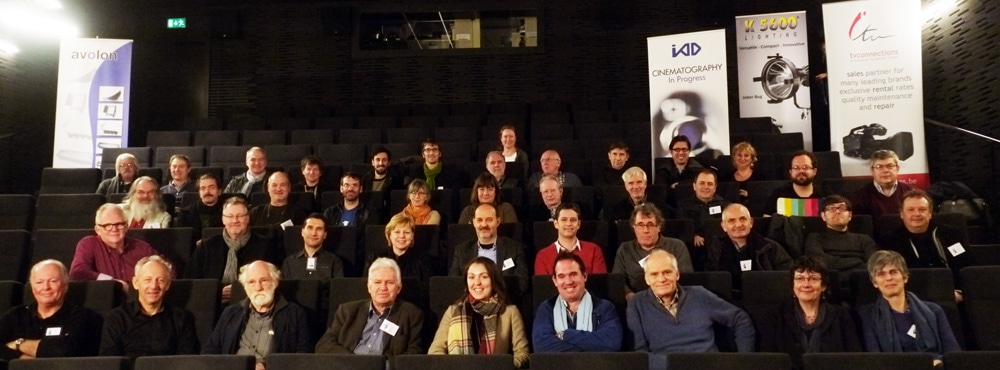
Cinematographers, professors and teaches from across Europe and beyond gathered in Belgium on November 27th for the 1st Cinematography in Progress conference, presented by IMAGO, the Society of Belgium Cinematographers SBC and IAD. The two day conference and workshop was convened to discuss current trends in cinematography, with a particular emphasis on the future direction of universal teaching methods of the craft. Film schools from across Europe were well represented with delegates attending from the UK, Finland, Romania, and right across Western Europe and as far a field as Singapore. The ACS was represented by Sydney based cinematographer Ashley Barron and NT Branch President Andrew Hyde, while NSW ACS member Marc Swadel attended on behalf of the New Zealand Society of Cinematographers (NZCS). | 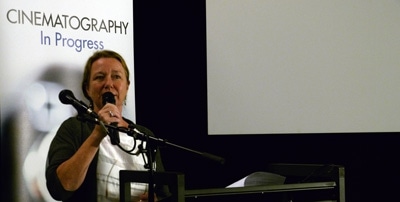 Marijke Van Kets SBC conducting the works during the conference. |
Five workshops took place on the opening day in the delightful surrounds of Louvain-la-Neuve, a university town, nestled in the Belgium woods, a thirty minute train ride from Brussels. Discussion topics included Camera Technology, digital workflow & sensitometry, colour correction & grading, cinematography for visual effects and using the monitor for aesthetic rendering control.
Round Table Debate on the influence of various new technologies in the “teaching of cinematography”.
Five workshops were held with topics subjects listed below:
Camera Technology workshop
Digital Sensitometry and Workflow workshop
Color Correction and Grading workshop
Cinematography for VFX workshop
From Monitoring to cinematography workshop
The overall theme was current trends in cinematography and how this should be applied to future teaching in film school and other educational facilities. There was overwhelming agreement that traditional technique, including strong focus on the use of film, should remain a priority. It was widely discussed that that the “development of the eye”, film history, the study of art history and traditional teaching in the use of the light meter and other established techniques remain essential, alongside the teaching of digital workflow and other more recent developments in the digital domain.
The passion for the continued use and teaching of film, alongside digital, was overwhelming, indeed one film school in Romania still has a lab on campus. Delegates spoke consistently about the need to keep film alive in the teaching institutions. There was also a strong focus on the need for students to be taught “leadership in the digital workflow” while prioritising the training of the eye and the creation of the frame.
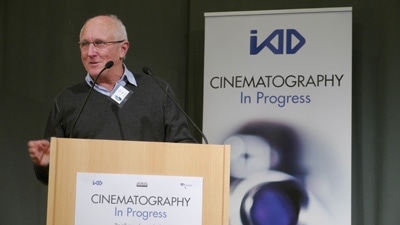 Willy Stassen President SBC giving the welcome speech
Willy Stassen President SBC giving the welcome speech
The main result of the Digital Sensitometry and Workflow session was that the entire workflow from testing to projection should be taught and that the knowledge of how to test that entire workflow is imperative to keep the power in the cinematographer’s hands. In addition, the means and challenges of keeping Digital Sensitometry contextual and important in the eye of the student. Finally there was the importance in maintaing all of the camera crew roles, with latest trends pushing the 2nd AC out.
Cinematography for VFX seemed an ‘interesting’ subject, with many unable to answer the few questions we were looking to answer about its education. Most seem of the belief that only green+blue screen work should be taught briefly but anything further should be an elective as most feel there is no time to go beyond, nor too relevant in the greater scheme of things. FX guru & Imago Technical Committee Chair; Kömmer Klein proposes, and practices, a 12-25hr workshop where an intro is taught with particular emphasis on the various roles in the VFX world so that cinematographers can be equipped with the knowledge of which specialist to turn to in the time of the project’s need. A topic to be discussed for much time to come. Interesting indeed, but perhaps something we could consider introducing here with some priority.
Special Guests included Serge Flamé Directeur IAD,
Willy Stassen President SBC and Louis Philippe Capelle IMAGO.
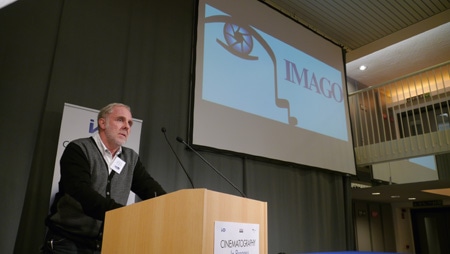
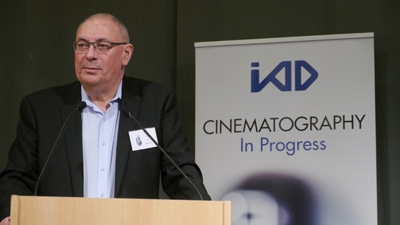
Louis Philippe Capelle SBC IMAGO General Secretary and Serge Flamé Director IAD (Institut des Arts de Diffusion)
The Camera Technology Workshop was dominated by discussion about the reality of continuing to teach using film, how to teach camera assistants and how best to teach the testing of optics and filters. It’s was agreed that while the teaching of film and traditional technique was essential there was also an obligation to prepare students for a digital career. There was also discussion about the value of teaching DSLR. It was agreed that students often already have experience with DSLR and that, because of its cost effectiveness, DSLR can be useful in enabling more students to be immersed hands on (rather than a group of twelve students standing around a single ARRI), that they are useful in exploring areas like depth of field and ergonomics but that they have major limitations in teaching cinematography.
Each participant was able to attend two of the above workshops where two
key questions were asked at the start of each session.
1. In practical terms, what exactly should a student of
cinematography be able to do once he/she finishes school?
2. What new educational methods have you already put into practice
in regards to the specific theme of your workshop? This can obviously include hardware, software
as well as the theoretical aspects taught in class. Following this preliminary exchange of views,
the participants of each workshop will then explore some more specific topics.
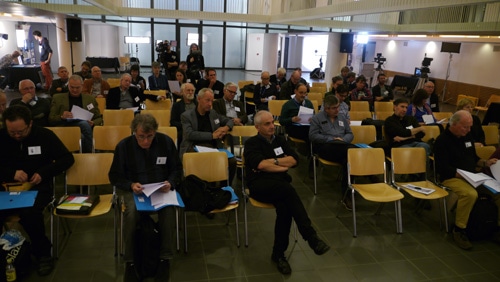
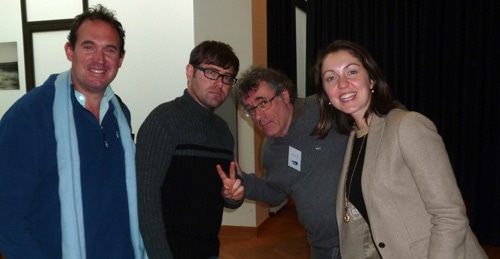
The first minutes of the Conference in centre Jean-Paul Jarry with his arms crossed. The picture on the right side we can see Andrew Hyde ACS, Marc Swadel NZCS, Philippe Ros AFC and Ashley Barron ACS
The monitoring workshop discussed the modern tendency to trust monitors too much and the need to teach correct technique with meters over and above the reliance of the monitor. It’s was also felt that teaching correct calibration technique was essential and that managing collaboration on set should be a priority of the DOP. There were mixed views about the growing trend of some 1st AC’s to focus pull from a monitor but it was felt that the recent release of digital cinema cameras with onboard monitors had the advantage of bringing the director back to the camera (and closer to the DOP). It was agreed that students should be taught to allocate time in pre production to develop a plan for monitoring, based on the specifics of the production and the collaborative relationship with the Director and other members of the camera department. The monitor, it was argued, was a valued tool but that students must be taught how to manage the tool on set and not to trust the monitor above the eye, or the exposure meter.
Workshops and Panels: Using of the monitor for aesthetic rendering control Digital workflow and sensitometry Color grading Cinematography for Visual Effects | 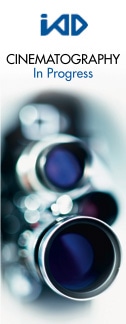 |
Ashley and Andrew were well briefed by the team at AFTRS before they departed and were able to present trends to the conference from an Australian point of view. Following a plenary session on Day 2 at Cinematek in downtown Brussels, 3 reports of outcomes and recommendations will be produced. It was clear that the ACS is greatly respected across Europe and there was much appreciation for our attendance. There was a strong commitment by all attending to maintain dialogue into the future.
organisation:

Sponsors:
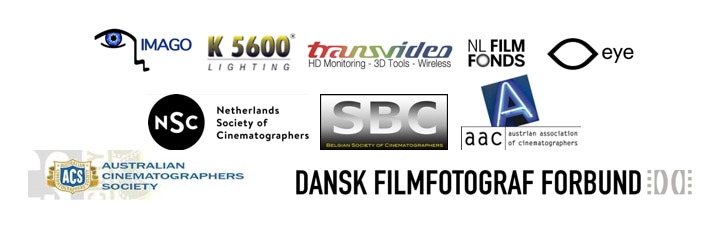
The list of schools attended the conference
Austria – Universität für Musik und darstellende Kunst
Belgium – IAD
Belgium – INSAS
Belgium – INRACI
Belgium – MDA-FAC
Denmark – Den Danske Filmskole
Denmark – Europa Film College
Finlande – ELO
France – FEMIS
France – 3IS
Northern Ireland – University of Ulster
Letonia – Latvian Academy of Culture
New Zeland – Unitec
Portugal – LUSOFONA University
Romania – National University of Theatre and Film
Romania – Bucharest Film School
Singapour – NTU – ADM
Turquie – Okan Üniversitesi Tuzla Kampüsü
UK – London Film School
UK – Farnham Film School
UK – AUB
